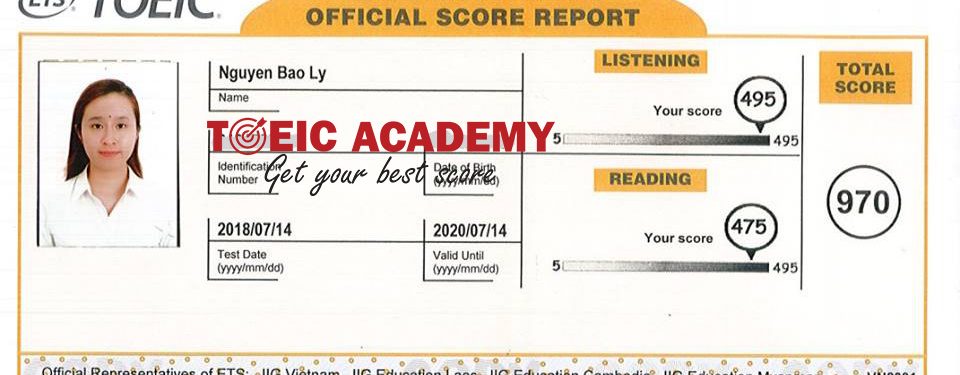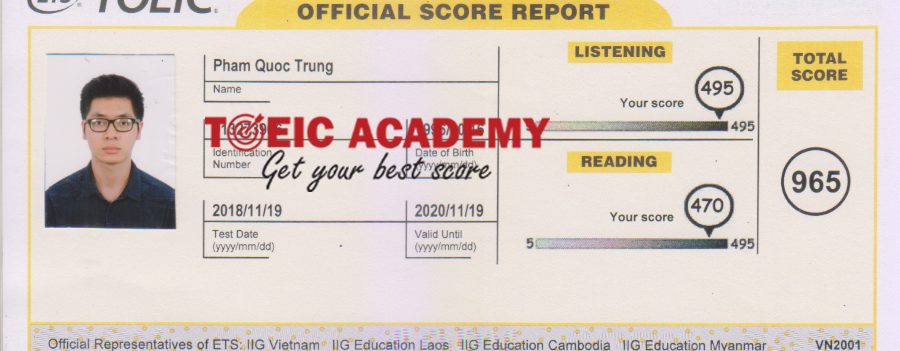Creating an environment that promotes wellness and relaxation is essential for any household. Proper moisture management plays a crucial role in achieving this home comfort. By incorporating advanced systems into your living space, you can easily maintain the ideal humidity levels throughout the year.
Investing in professional installation of these moisture control systems not only ensures seamless integration with existing HVAC units but also enhances overall HVAC efficiency. When humidity is regulated, the air temperature feels more stable, which means less energy is consumed in heating or cooling your home.
Another significant advantage of achieving the right moisture balance is better air quality. Maintaining suitable humidity levels actively reduces airborne irritants, leading to allergy relief for sensitive individuals. Cleaner air contributes to improved health outcomes and creates a more pleasant living environment for everyone.
How Whole-Home Humidifiers Improve Indoor Air Quality
Maintaining optimal humidity levels within a residence can significantly enhance air quality. This improvement is primarily achieved through effective moisture control, which can be accomplished with a comprehensive system. Here are several key ways this technology contributes to a healthier indoor environment:
- Allergy Relief: By reducing allergens such as dust mites and mold spores, a balanced humidity level creates a more comfortable living space for allergy sufferers.
- Enhanced Air Circulation: Proper moisture levels help air circulate more effectively, leading to better distribution of conditioned air throughout the home.
- Prevention of Dryness: An effective system combats excessive dryness, which can lead to respiratory issues, skin irritations, and discomfort.
- HVAC Efficiency: Maintaining ideal humidity benefits HVAC systems by reducing the workload, leading to potential energy savings and prolonged equipment life.
- Home Comfort: Balanced humidity creates a more pleasant atmosphere, making it easier to maintain comfortable temperatures year-round.
For optimal results, professional installation is recommended. This ensures that the system is tailored to the specific needs of the home, maximizing its impact on air quality.
In conclusion, investing in an appropriate humidity control system not only supports respiratory health but also contributes to overall home comfort and efficiency in energy use.
Role of Dehumidifiers in Preventing Mold and Mildew Growth
Excess moisture in living spaces can create an environment conducive to mold and mildew proliferation. Decreasing humidity levels is crucial for maintaining a healthy indoor atmosphere. These devices effectively regulate moisture, significantly reducing the risk of fungal growth. By ensuring optimal humidity, mold prevention becomes achievable, protecting both the property and its inhabitants.
Furthermore, managing humidity enhances overall air quality, providing allergy relief for sensitive individuals. High moisture levels can lead to dust mites and other allergens, triggering respiratory issues. Implementing a dehumidification system mitigates these problems, contributing to a more comfortable living environment.
Professional installation of these systems ensures they operate efficiently within the existing HVAC framework. Well-calibrated units improve HVAC efficiency, leading to energy savings and prolonged lifespan of the system. Overall, such measures not only aid in maintaining a healthy environment but also provide economic advantages through enhanced energy conservation.
Cost Savings Through Increased Energy Efficiency with Humidity Control
Effective moisture management in your living space not only enhances home comfort but also contributes significantly to hvac efficiency. By maintaining optimal humidity levels, heating and cooling systems operate more efficiently, leading to potential cost savings on energy bills.
When humidity is appropriately regulated, there is less strain on HVAC units, allowing them to function without overworking. This efficiency reduction means lower energy consumption, which translates to more affordable utility costs. Furthermore, professional installation of moisture control systems ensures that they work harmoniously with your existing heating and cooling equipment, maximizing performance and longevity.
In addition to financial benefits, proper humidity control plays a crucial role in mold prevention. By keeping moisture levels in check, homeowners can avert costly damages and health risks associated with mold and mildew. Overall, investing in moisture management not only fosters better air quality but also safeguards your home’s structure and reduces maintenance expenses.
How to Choose the Right System for Your Home’s Specific Needs
selecting an appropriate humidity control system requires careful consideration of various factors to ensure optimal indoor conditions. Start by assessing your climate, as regions with high moisture levels may benefit more from a moisture extraction device, while drier areas might need a moisture addition system.
Examine your home’s architecture and insulation. Leaky homes may require more frequent monitoring for moisture and mold prevention. Better air quality can be achieved by choosing equipment that effectively balances humidity levels while ensuring efficient airflow throughout the living space.
Consider specific health concerns within your household. For individuals with allergies, systems designed for allergy relief can drastically improve comfort levels. If you’re moving into an older home, a professional installation can help identify hidden moisture issues and recommend targeted solutions.
Additionally, think about energy efficiency. Investing in smart technology can lead to cost savings and enhanced performance, allowing you to maintain a comfortable environment without overspending. For expert guidance on selecting the right system for your home, consult professionals at https://bastanchuryplumbing.com.
Q&A:
What are whole-home humidifiers, and how do they work?
Whole-home humidifiers are systems designed to regulate humidity levels throughout an entire house. They are usually connected to the home’s heating and cooling system, which allows them to distribute moisture via the ductwork. These units draw in dry air, add moisture, and then circulate the humidified air back into the living spaces. This process helps maintain a balanced humidity level, typically between 30% and 50%, which is ideal for comfort and health.
What benefits do whole-home humidifiers provide for health and comfort?
Whole-home humidifiers can significantly improve indoor air quality by preventing excessive dryness. Dry air can lead to various health issues such as dry skin, irritated sinuses, and respiratory problems. By maintaining optimal humidity levels, these systems help alleviate such conditions. Furthermore, the added moisture can make the air feel warmer, potentially reducing heating costs during cold months since you might feel comfortable at lower temperatures.
How do dehumidifiers benefit homeowners, especially in humid climates?
Dehumidifiers remove excess moisture from the air, which is particularly beneficial in humid climates. High humidity can lead to mold growth, damage to furniture, and discomfort. By maintaining lower humidity levels, dehumidifiers can improve indoor air quality, reduce allergens, and protect your home from moisture-related problems. Additionally, they can help with energy efficiency by allowing air conditioning systems to operate more effectively in removing heat from the air.
Are there energy consumption concerns with using whole-home humidifiers and dehumidifiers?
Both whole-home humidifiers and dehumidifiers do consume energy, but their efficiency can vary. Modern appliances are designed to consume less energy than older models. Additionally, using these systems can lead to overall savings on energy bills by enhancing comfort and allowing HVAC systems to perform optimally. It’s advisable to look for ENERGY STAR-rated models, which are engineered to use power wisely, thus minimizing your energy footprint.
Can I install a whole-home humidifier or dehumidifier myself, or is professional installation needed?
While some homeowners may choose to attempt DIY installation, it is often recommended to hire a professional for both whole-home humidifiers and dehumidifiers. Proper installation ensures that the system operates efficiently and effectively. Professionals can also address any complex HVAC connections and provide guidance on the best placement for optimal performance. Additionally, they can conduct necessary maintenance checks to prevent issues down the line.
Bài liên quan


































 Tháng Một 12th, 2025
Tháng Một 12th, 2025  Vui Nguyễn
Vui Nguyễn 



 Posted in
Posted in 




















Comments